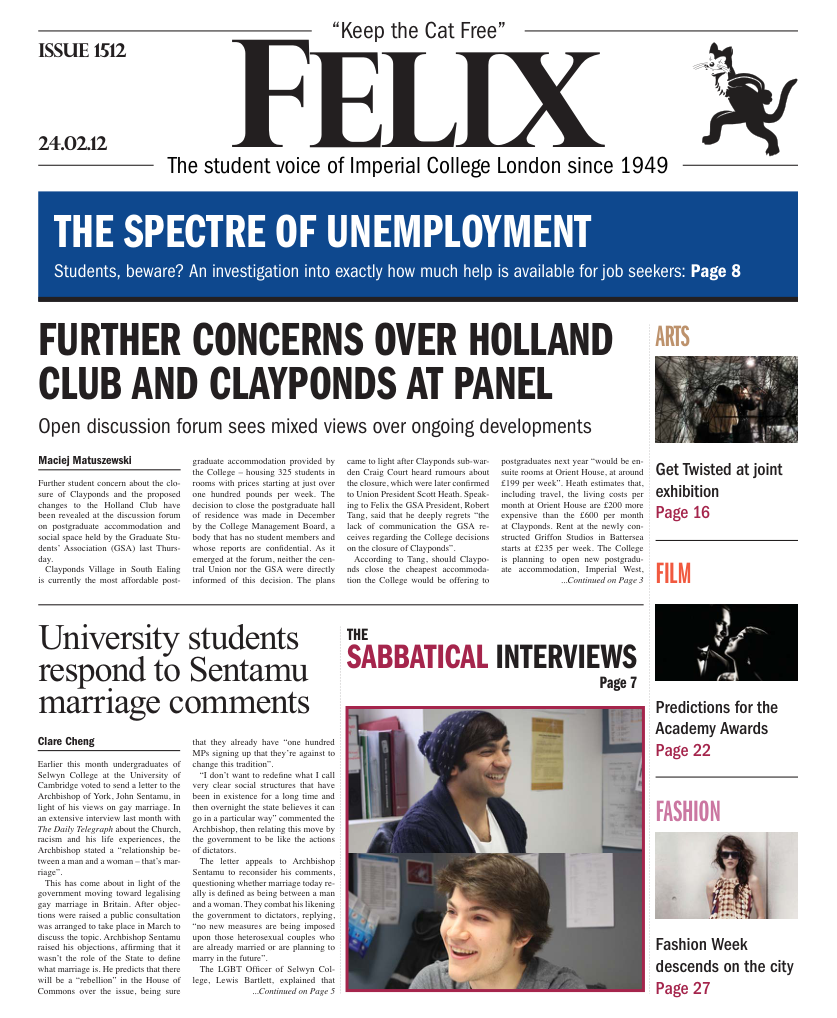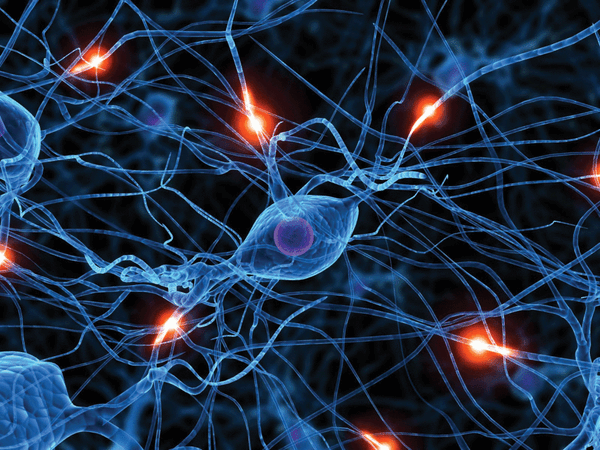New autism diagnosis in infants
A step forward in the fight against autism
Autistic Spectrum Disorder (ASD) affects approximately 1% of the population. The main characteristics of ASD are difficulties in social interaction, communication, and repetitive behaviours. It is a difficult condition to diagnose, especially in young children, but researchers at Birkbeck College have just published some promising findings that open a new path to early diagnosis.
At the moment, ASD can be diagnosed from the age of two by doctors and psychiatrists with the Autism Diagnostic Observation Schedule (ADOS) which observes social interaction between the patient and the examiner. Mayada Elsabbagh, from Birkbeck College at the University of London, and her colleagues, have published a study in Current Biology measuring the brain’s response to viewing faces gazing directly toward or away from infants aged between 6 and 10 months, from a sample of 104 infants (54 with familial risk for ASD and 50 control infants). Event Related Potentials (ERPs) were measured by electroencephalography as the children were shown faces gazing toward or away from them. At 36 months, the infants were clinically tested for ASD.
The results showed differences between the control group, the risk but no ASD group and the risk ASD group. More specifically, the amplitude for gaze shifts away versus toward was higher for the infants not diagnosed with ASD. More research has to be done, but by developing this method, a diagnosis for children as young as 6 months old could be possible.
Most symptoms of ASD are not observed before the child is one, but this study has shown a clear difference between infants with and without the disorder. The starting point of the study was the observation that autistic people often find it difficult to look at others in the eye. Describing this difference in sensitivity to eye gaze at such a young age could provide an explanation of the other symptoms of autism. Sensitivity to eye gaze is linked to social and communication skills. This insensitivity in infants affects the development of the brain and could provide an explanation for the social – communication difficulties that define ASD.
ASD is still a very misunderstood disorder. It is thought to be caused by genetic and environmental factors and some researchers are working on diagnosing from the genome of patients. This is a difficult and complex task as each patient is different and many combinations of genetic variations have been known to lead to some form of ASD. Early diagnosis however is crucial. It provides parents with the information necessary to explain their child’s behaviour and take care of them. More importantly, the earlier ASD is diagnosed, the earlier it is possible to ‘treat’ the child and put in place the necessary care and support structure. There is no cure for ASD, but some methods exist and offer the tools to encourage the development of the child and his/her social integration. One of these methods, Applied Behaviour Analysis, uses systematic teaching and behavioural learning theory which is, amid some controversy, successful.






